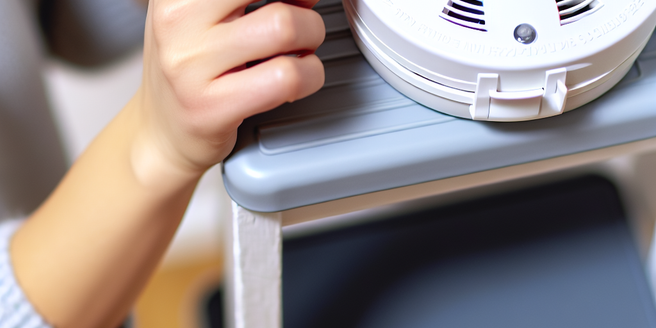How To Handle Apartment Maintenance Issues

Identifying Common Maintenance Problems
Before you can address maintenance issues, it’s crucial to identify common problems that may arise in your apartment. Regular inspections can help you spot minor issues like leaky faucets, flickering lights, or squeaky doors before they become major headaches. Additionally, you should also pay close attention to unusual sounds or smells that might indicate underlying problems. Familiarize yourself with basic appliance troubleshooting techniques and keep a checklist to ensure nothing is overlooked. By doing so, you can swiftly address minor issues that could evolve into larger, more costly repairs.
Becoming proficient in diagnosing and fixing minor issues not only saves money but also increases your self-sufficiency. For instance, learning how to change air filters in your HVAC system can improve air quality and extend the lifespan of the unit. Regularly check your smoke detectors and carbon monoxide alarms to ensure they are functioning correctly, as these are vital for your safety. By staying proactive, you can maintain a comfortable living environment and prevent potential damage, ensuring that your apartment remains a safe and pleasant place to live.
Reporting Issues to Your Landlord
Once you’ve identified a problem, the next step is to report it to your landlord promptly. Clear and concise communication is key. Provide a detailed description of the issue, including any steps you have already taken to address it. Attach photos if possible to give a visual understanding of the problem. If you feel unsure about how to approach the situation, don’t hesitate to seek advice from experienced tenants or tenant associations. Understanding your lease agreement will also inform you of the proper channels and timelines for reporting. In some cases, failing to report an issue on time could lead to complications. Prompt reporting can ensure quicker resolution and help maintain a good relationship with your landlord.
Temporary Fixes You Can Try
While waiting for your landlord or a professional to address an issue, temporary fixes can sometimes provide relief. For example, if you have a minor leak, using a bucket to catch drips can prevent water damage. Additionally, weatherstripping can help seal drafty windows until a more robust repair can be undertaken. In case of a loose cabinet hinge, a screwdriver may offer a temporary solution. It’s helpful to have some basic tools and materials on hand for such situations. However, always proceed with caution and do not attempt fixes that could worsen the problem or void any warranties. Temporary measures are just that—temporary. Always prioritize getting a permanent solution from a professional.
When to Call a Professional
Not all maintenance issues can be handled on your own or by your landlord. Recognizing when to call a professional is crucial. For instance, situations involving complex electrical issues, gas leaks, or significant structural damage require immediate professional attention. Consulting a professional can prevent small problems from escalating into major issues. Often, a simple consultation can provide peace of mind and a solution you might not have considered. It’s important to understand your limits and not attempt repairs beyond your capability. Delaying these repairs can lead to hazardous conditions and higher repair costs. Always err on the side of caution and prioritize safety. Keep a list of reliable professionals handy for emergencies, and ensure that any work carried out is documented and communicated with your landlord.
Understanding Your Tenant Rights
As a tenant, it’s essential to know your rights when it comes to maintenance issues. Landlords have a legal obligation to keep rental properties in habitable condition. This includes ensuring working plumbing, heating, and structural integrity. Regular inspections can help identify potential problems early on. Additionally, written communication with your landlord about maintenance issues can provide a record for future reference. If your landlord fails to address maintenance requests in a timely manner, you may have the right to withhold rent or seek repairs yourself with reimbursement. Familiarize yourself with local tenant laws and your lease agreement to understand the appropriate actions you can take. Knowledge of your rights can empower you to advocate for a safe and comfortable living environment.